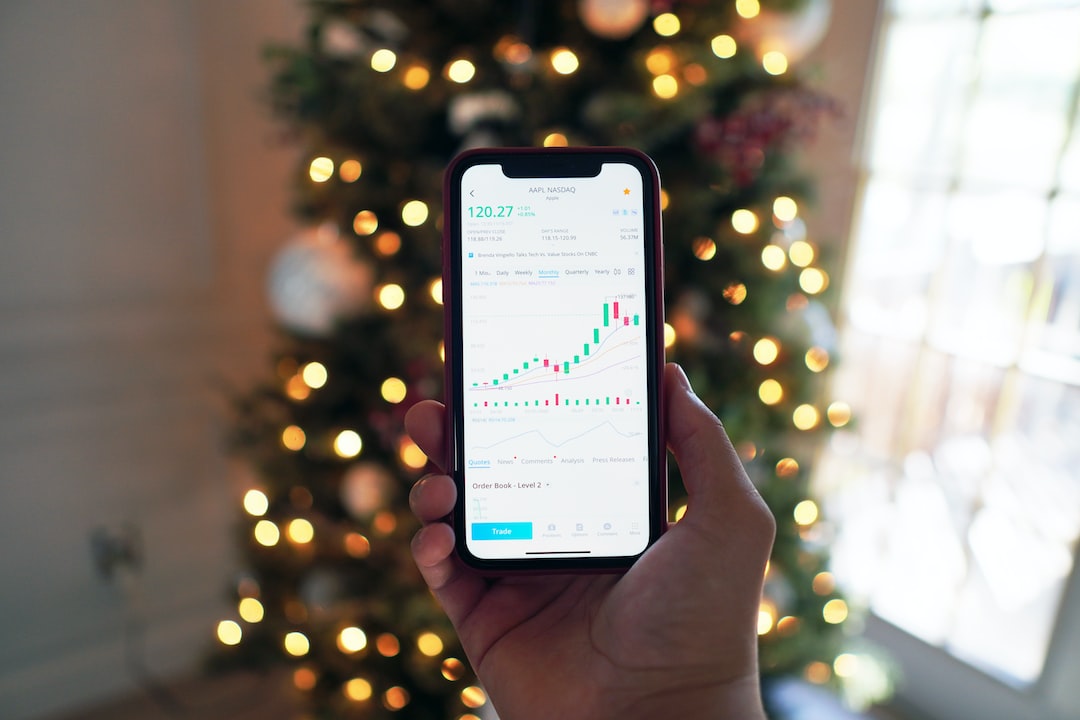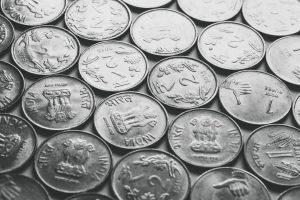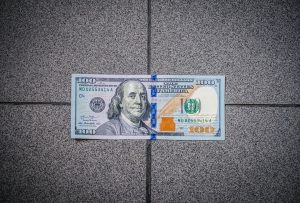The foreign exchange market or forex market is the largest financial market in the world. It is a decentralized market where currencies are traded 24 hours a day, five days a week. To participate in this market, traders need to open an account with a forex broker. However, not all forex brokers are created equal. Some brokers may not be regulated, which can pose a risk to traders. In this article, we will explain how to check if a forex broker is regulated.
Regulation is an important aspect of forex trading. Regulated brokers are required to follow certain rules and regulations to ensure the safety of their clients’ funds. Regulatory bodies oversee the activities of forex brokers and ensure that they are complying with the regulations. These bodies also provide a mechanism for traders to resolve disputes with their brokers.
Here are the steps to check if a forex broker is regulated:
Step 1: Research the regulatory body
Before opening an account with a forex broker, it is important to research the regulatory body that oversees the broker. Different countries have different regulatory bodies that oversee forex brokers. For example, in the United States, the regulatory body is the National Futures Association (NFA) and the Commodity Futures Trading Commission (CFTC). In the United Kingdom, the regulatory body is the Financial Conduct Authority (FCA). In Australia, it is the Australian Securities and Investments Commission (ASIC).
Step 2: Check the broker’s website
Once you have identified the regulatory body that oversees the broker, the next step is to check the broker’s website. Regulated brokers are required to display their regulatory status on their website. Look for a section on the broker’s website that discusses their regulatory status. The section may be labeled as “Regulation,” “Legal Information,” or “Compliance.”
Step 3: Verify the broker’s regulatory status
After finding the regulatory information on the broker’s website, the next step is to verify the broker’s regulatory status. You can do this by visiting the website of the regulatory body that oversees the broker. Most regulatory bodies have a database of regulated brokers that can be searched online. For example, the NFA has a database of forex brokers that can be searched by name or NFA ID.
Step 4: Check the broker’s compliance record
In addition to verifying the broker’s regulatory status, it is also important to check the broker’s compliance record. Regulatory bodies often publish disciplinary actions against brokers that have violated regulations. These disciplinary actions may include fines, suspensions, or revocation of the broker’s license. Check the regulatory body’s website for any disciplinary actions against the broker.
Step 5: Read reviews and feedback
Finally, it is important to read reviews and feedback from other traders who have used the broker’s services. Look for reviews on independent websites such as ForexPeaceArmy, Trustpilot, and FPA. These websites allow traders to share their experiences with forex brokers. Look for reviews that specifically mention the broker’s regulatory status and compliance record.
In conclusion, checking if a forex broker is regulated is an important step in choosing a broker. Regulated brokers are required to follow certain rules and regulations to ensure the safety of their clients’ funds. To check if a forex broker is regulated, research the regulatory body that oversees the broker, check the broker’s website for regulatory information, verify the broker’s regulatory status on the regulatory body’s website, check the broker’s compliance record, and read reviews and feedback from other traders. By following these steps, traders can ensure that they are working with a reputable and trustworthy forex broker.






